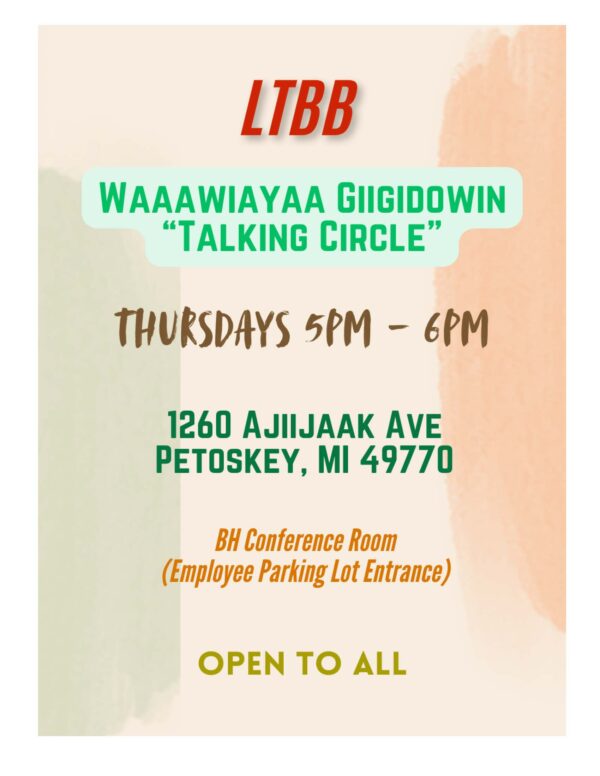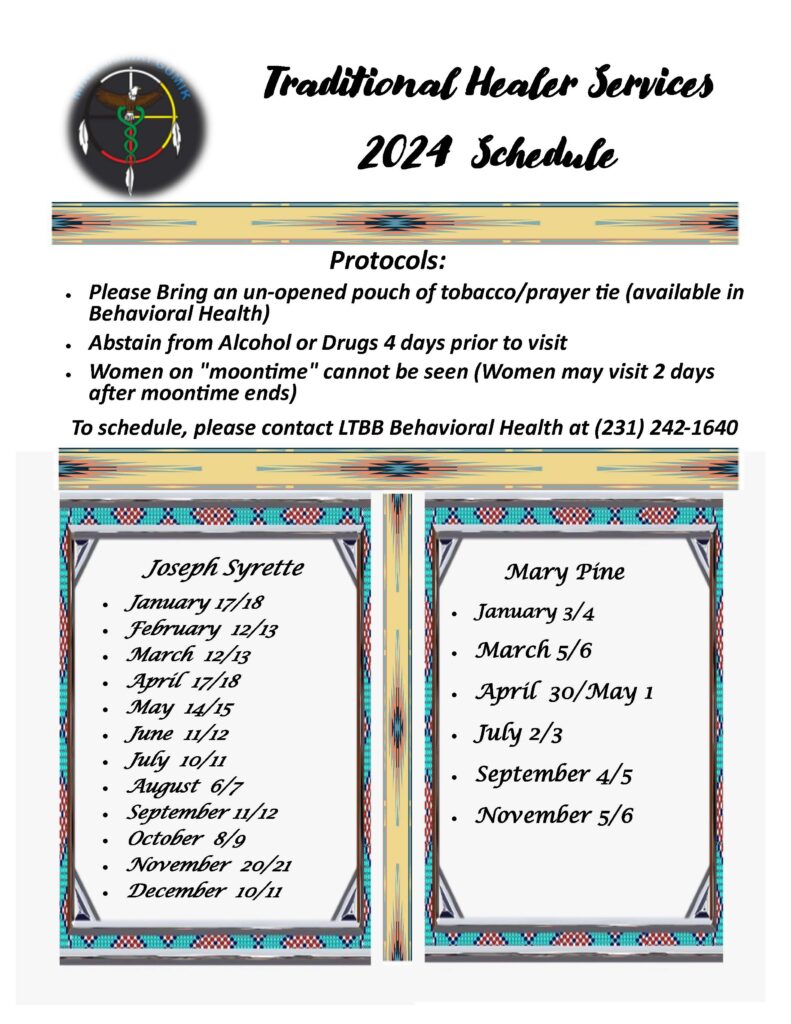The Tribal Prosecutor’s Office strives to inform the public of unfair, misleading, or deceptive business practices, and to provide information and guidance on other issues of concern. Information provided by the Tribal Prosecutor’s Office is not legal advice.Identity Theft: Identity theft is one of the fastest growing areas of non-violent crime in the United States. By taking a few simple precautions you can decrease the chance that you will become a victim of identity theft.
- Don’t pre-sign checks or leave checkbooks, credit cards, mail, etc. where other people may have access to them.
- Keep non-medical personal information, i.e. Social Security Number, date of birth, driver’s license number, home address and employment history secure.
- Treat ATM cards, credit cards, credit card mailings, and checkbooks as if they were cash.
- Review financial and credit statements for unauthorized activity. Carefully dispose of receipts, insurance forms and statements.
- Dispose of receipts, statements, and credit card offers by shredding if possible. Do not dispose of them in a manner which would make it easy for someone to obtain them. Identity thieves commonly target peoples trash for information.
- Periodically review your credit report. Look for unfamiliar accounts or transactions. If you find an account or transaction that you believe to be in error or fraudulent contact a credit reporting agency to contest the transaction. You are entitled to receive one free credit report per year. You can obtain a free copy of your credit report by visiting https://www.annualcreditreport.com/cra/index.jsp. More information regarding credit reports is available at, http://www.mi.gov/ag/0,4534,7-164-17337_34675—,00.html.
- You should be suspicious of anybody who asks for your bank account information, social security number, or other personally identifiable information over the phone or via email. Most companies will not request this sort of information over the phone or via email.
Foreign Lotteries/Sweepstakes/Contests: You should be suspicious of any mail or email which claims you have won a lottery or sweepstakes. These letters/emails will often ask for personal information or say that you need to pay a fee in order to collect your prize. Scammers may also send what appears to be a real check in the mail with instructions to forward a portion of the check to cover costs. Do not respond, these are scams.
What to do if you believe you’ve been the victim of a scam: If you believe you have been the victim of a scam you should contact your bank and/or credit card companies and inform them that you may have been the victim of a scam. You should try to provide as much detail as you can to these financial institutions. You should also contact law enforcement and let them know what happened; it is likely that other people have been victimized by the same scam. More information on scams and consumer protection is available at the Michigan Attorney General’s website, http://www.mi.gov/ag/0,4534,7-164-17337—,00.htmland at Consumer Action, http://www.consumer-action.org/.








